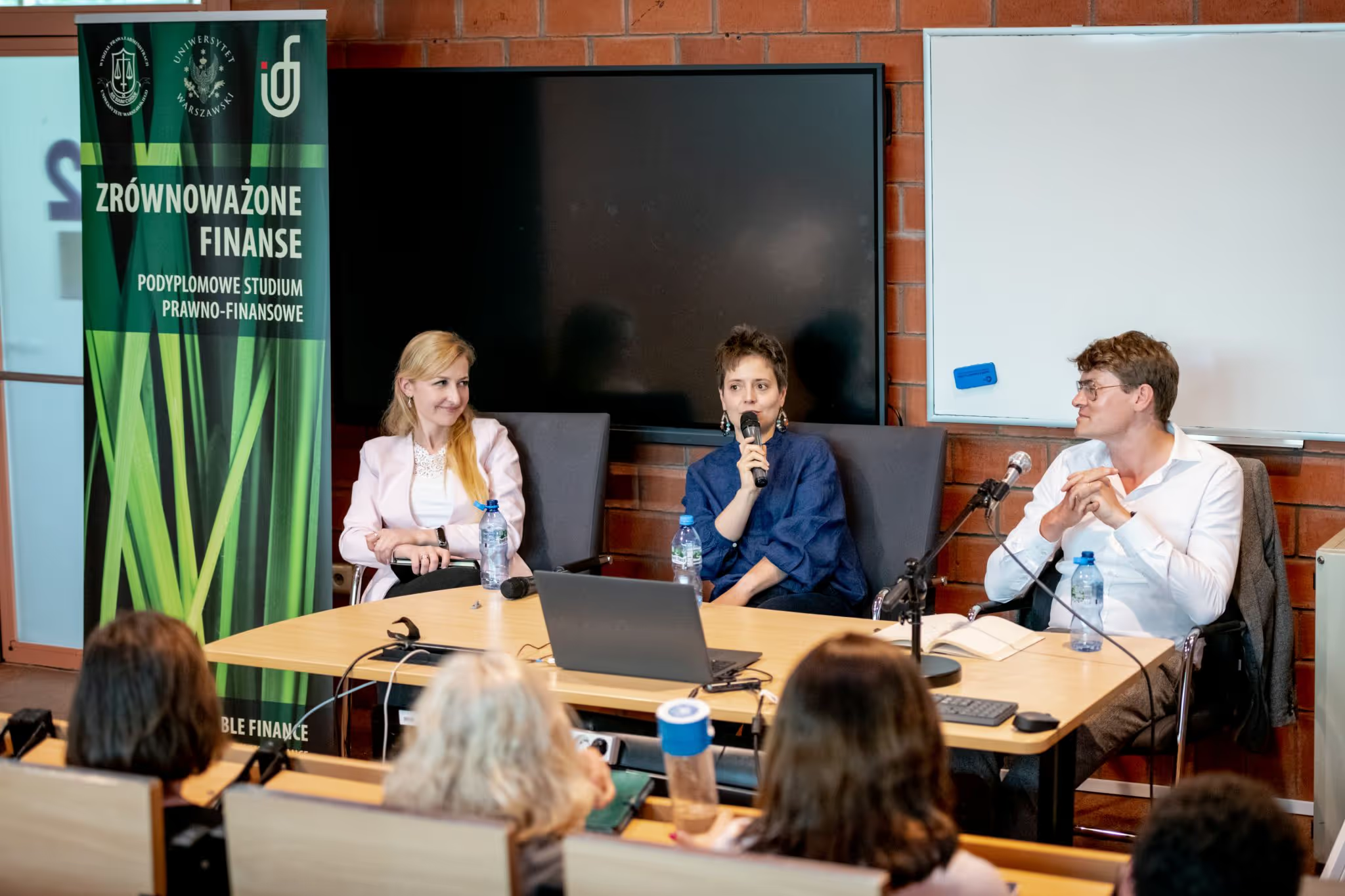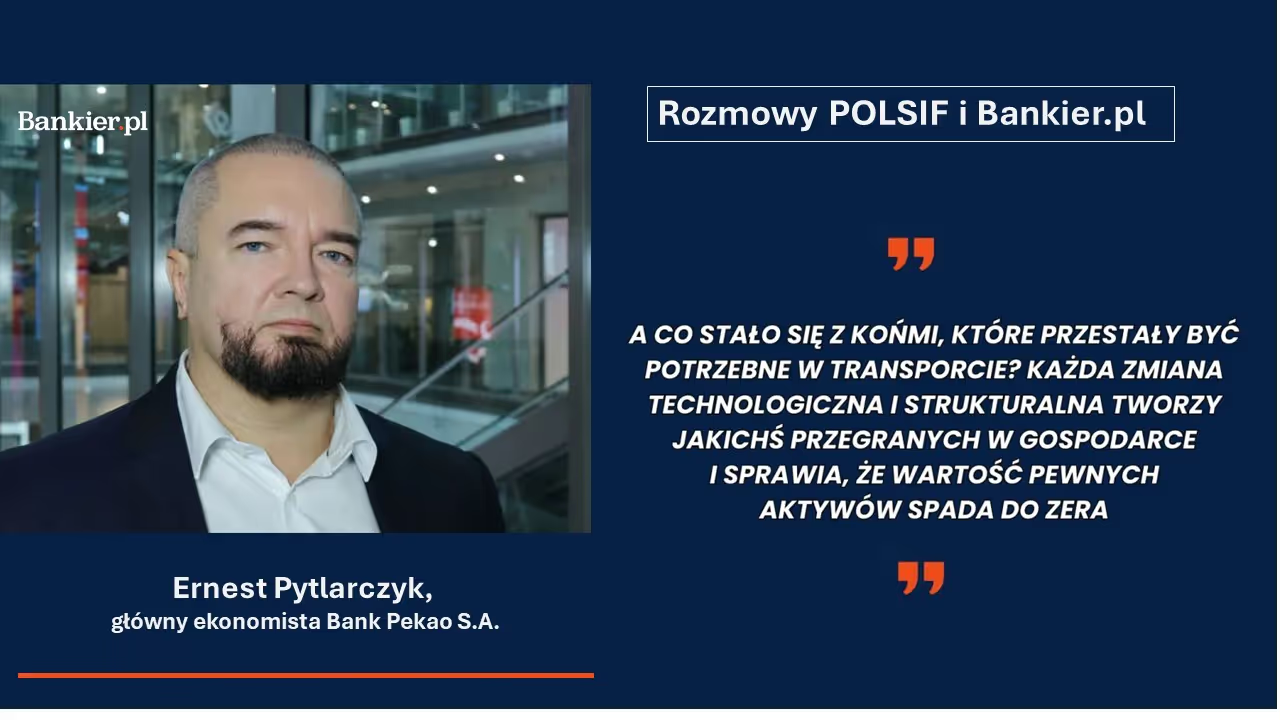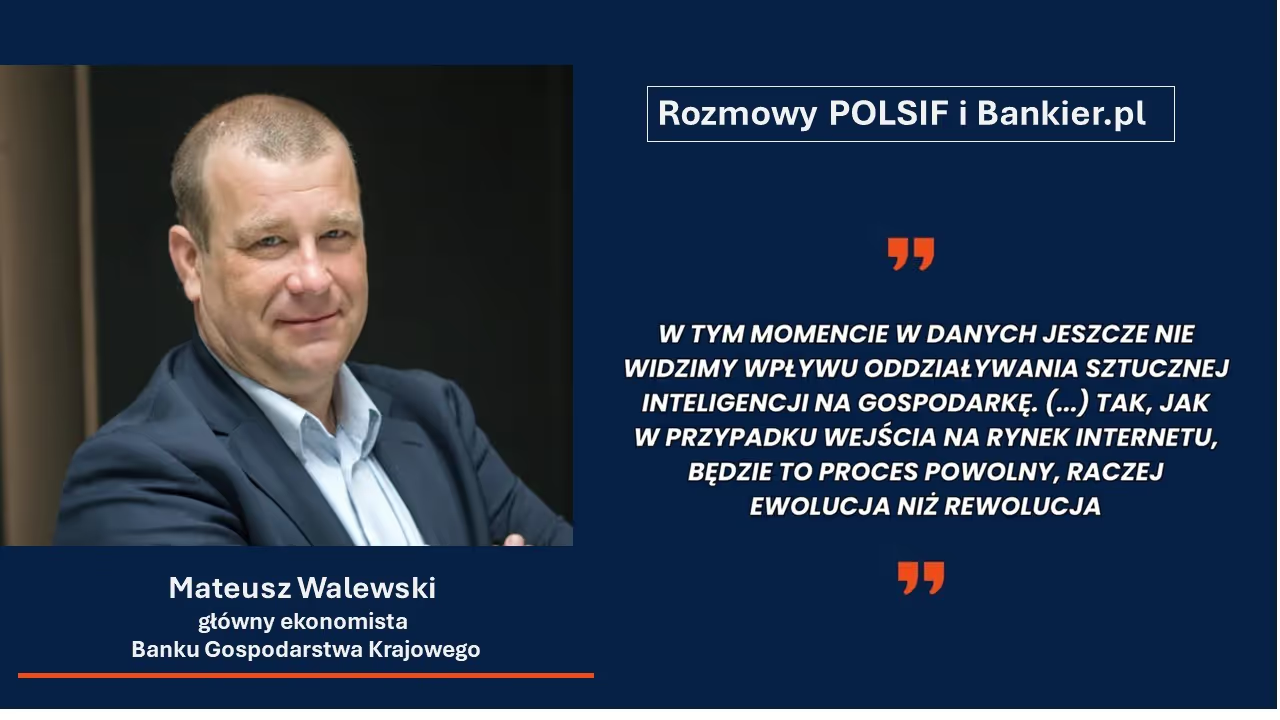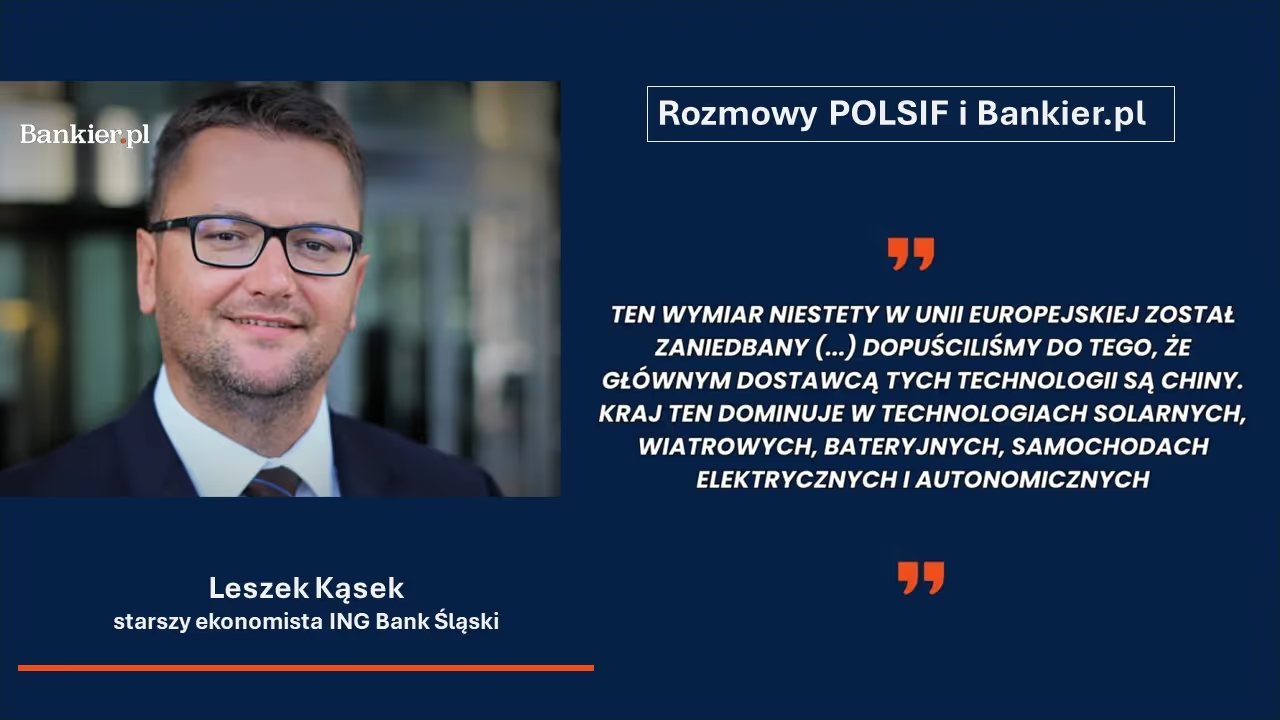Report from the lecture organized by Sustainable Investment Forum Poland and Sustainable Finance - Postgraduate Study of Law and Finance

We are pleased to share our impressions of the last lecture, which was organized by Sustainable Investment Forum Poland and Sustainable Finance - Postgraduate Study of Law and Finance.
Opening of the event
The event was opened by Beata Bieńkowska, who presented the current state of the corporation's zero-emission activities. She highlighted key challenges related to climate disclosures, assessment methodology, and the growing role of investors and the Transition Pathway Initiative (TPI). Founded in 2017 and supported by the Grantham Institute, the TPI initiative monitors the actions of the biggest polluters in sectors such as fuel and cement, which account for 80% of CO2 emissions from fossil fuels since 2016.
Comments and Reflections
Anna Malinowska, in her comment, drew attention to the fact that the current situation is the result of many years of neglect. She pointed out that achieving the climate goals requires massive systemic changes and the involvement of both corporations and investors. She stressed that financial markets, investors, lenders and corporations cannot be expected to take full responsibility for shaping and implementing climate policy in the field of industry and electricity. In addition, Malinowska pointed out that the data often do not reflect the real state of affairs, and the problem of planning climate transformation cannot be considered in isolation from the geopolitical situation and the economic environment.
Discussion Panel
The discussion panel was chaired by Robert Rybski and POLSIF representatives presented their opinions. Maria Krawczyńska-Kaczmarek stressed that although climate awareness in Poland is growing, changes are taking place too slowly. She stressed the need for external financing and support of the financial sector, as well as the need to move away from coal financing in favour of renewable energy sources. It also stressed that the current financial instruments are insufficient and that they need to be modernised and to create support for small and medium-sized enterprises.
Anna Malinowska focused on the low climate awareness in the SME sector and the need to support them through financing and advice. She pointed out that the climate transition requires a long-term state strategy and the cooperation of banks. She also pointed to the challenges of investing in renewable energy and hydrogen production, stressing that the right policy strategies are key to a successful transition.
Key conclusions:
- The need for faster action: Climate awareness is growing, but the pace of change is still too slow.
- Funding and support: External funding and support from the financial sector are essential.
- Moving away from coal: It is necessary to focus on renewable energy sources (RES).
- Policy strategies: Climate change requires a long-term state strategy and cooperation of banks with expert advice.
- Investments and projects: The lack of good investment projects and awareness of sustainability hampers the progress of the transformation.
We would like to thank all participants for their active participation and inspiring discussions. We believe that such meetings are crucial for further progress in the field of sustainable development.

.webp)


